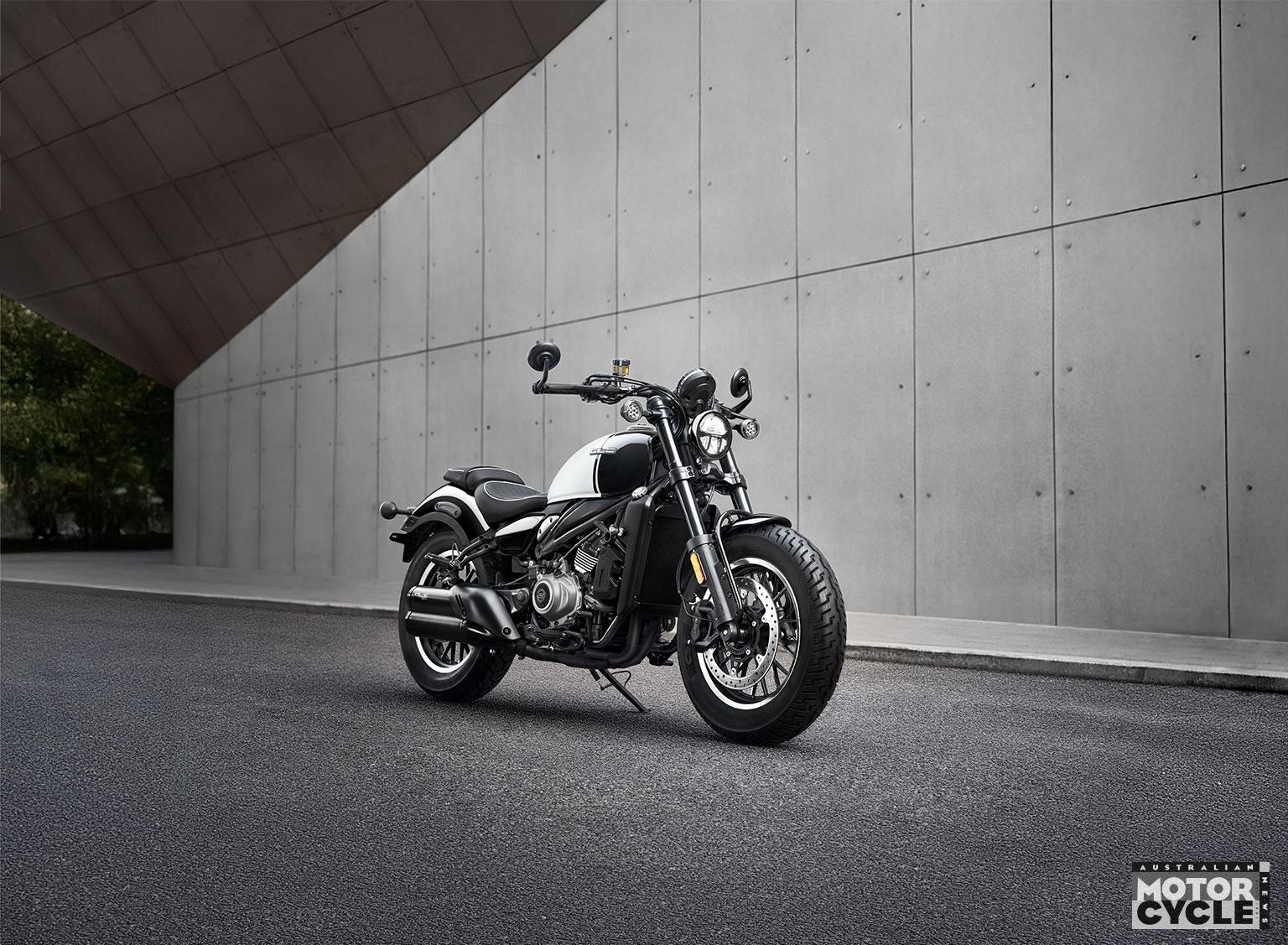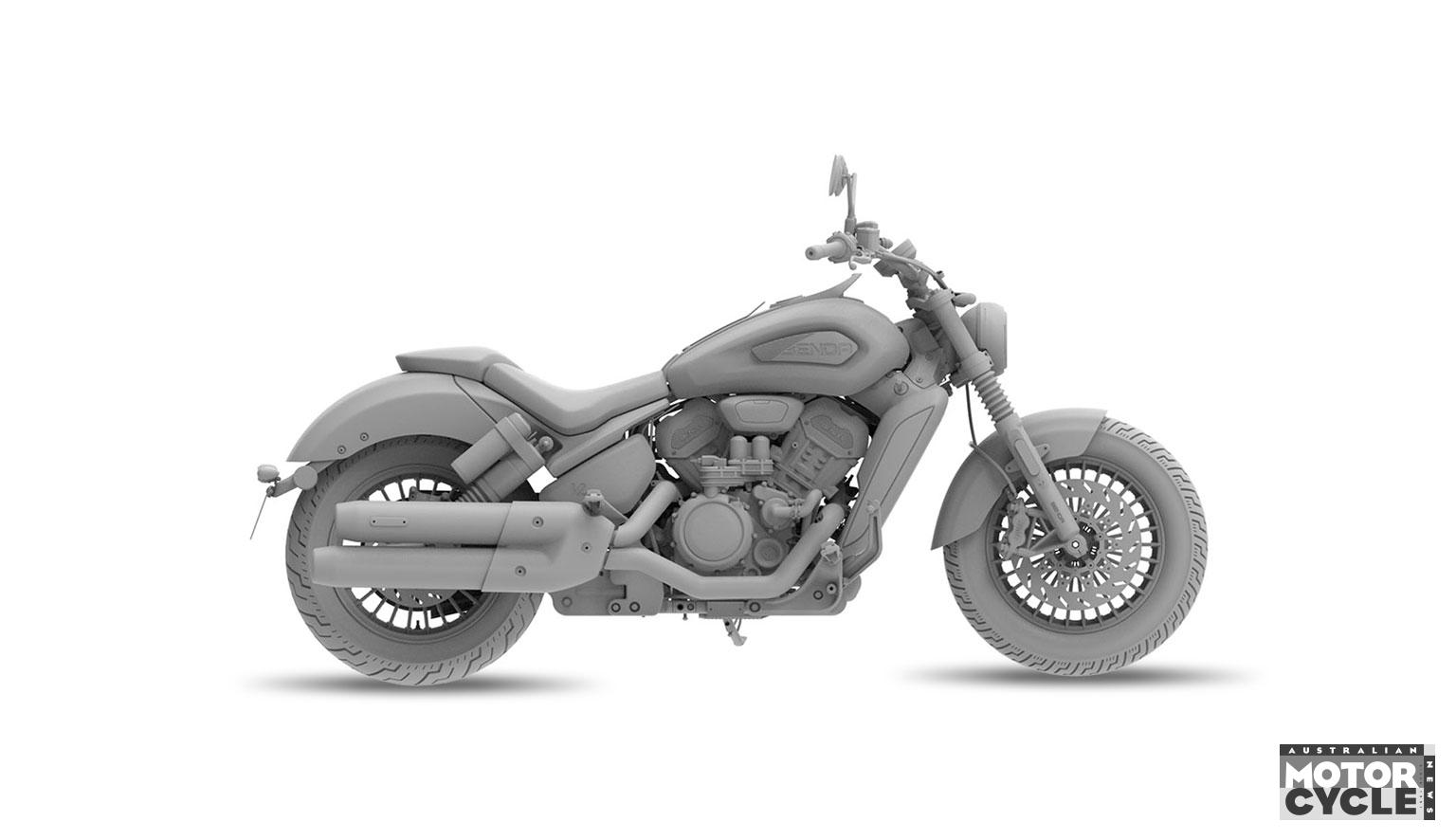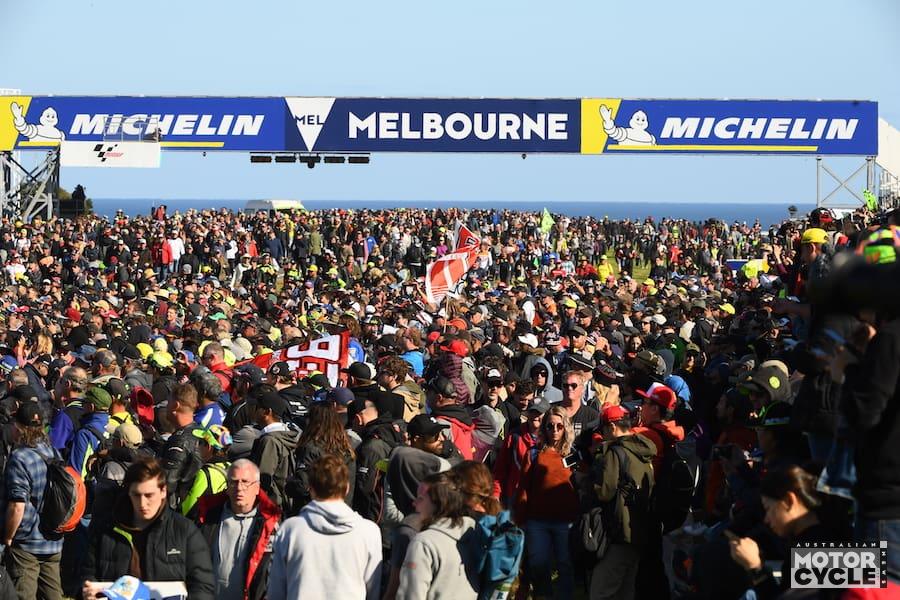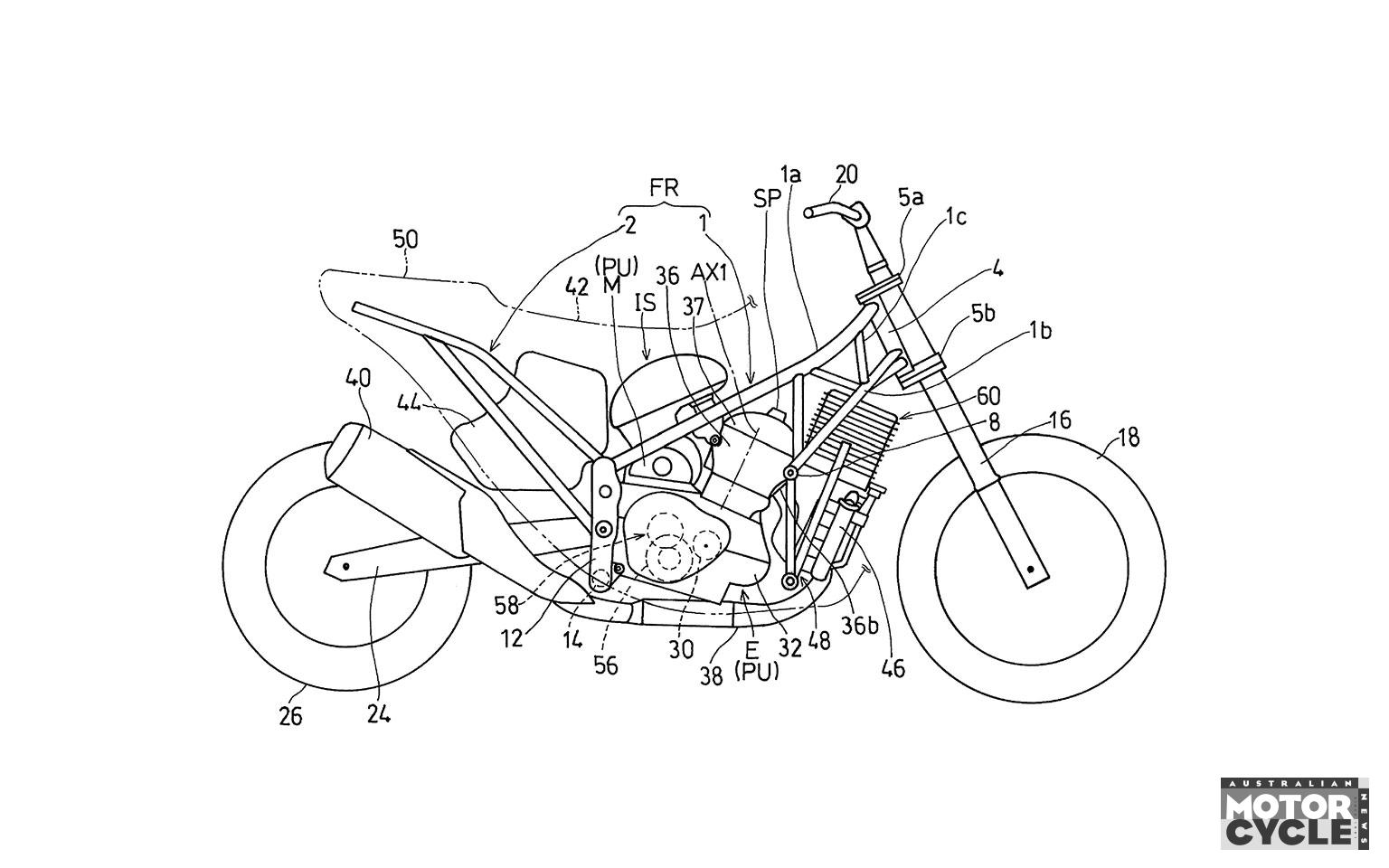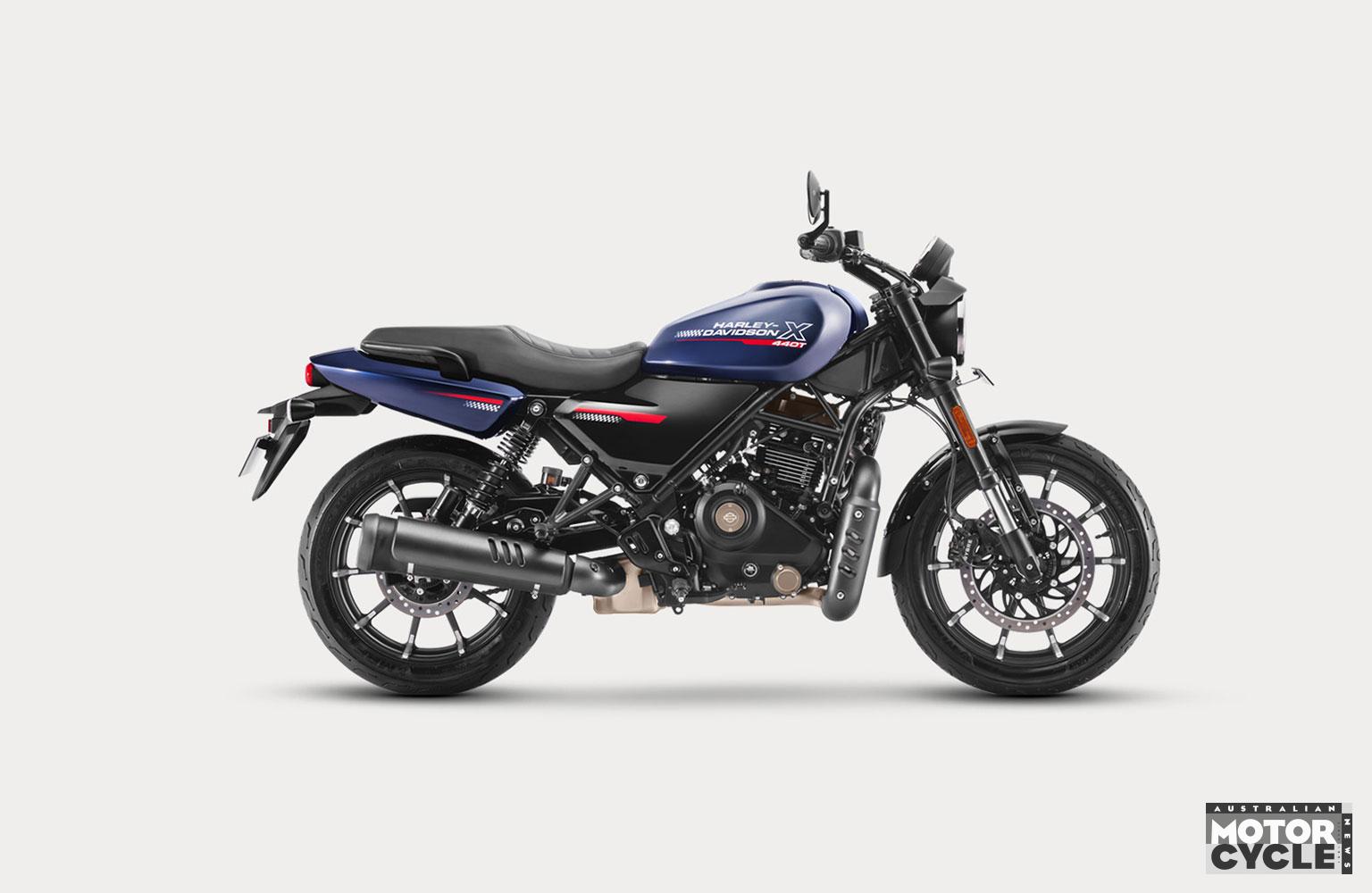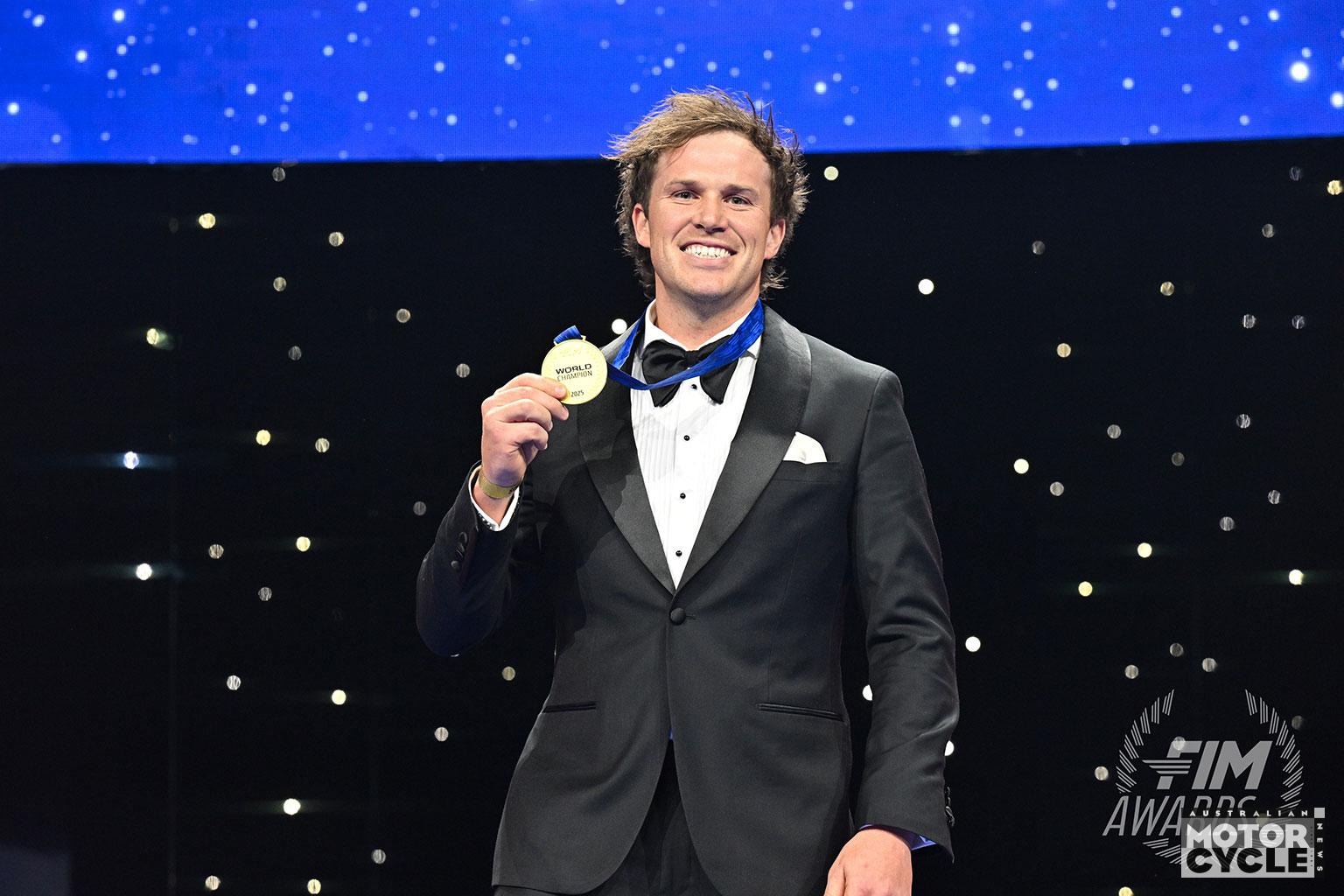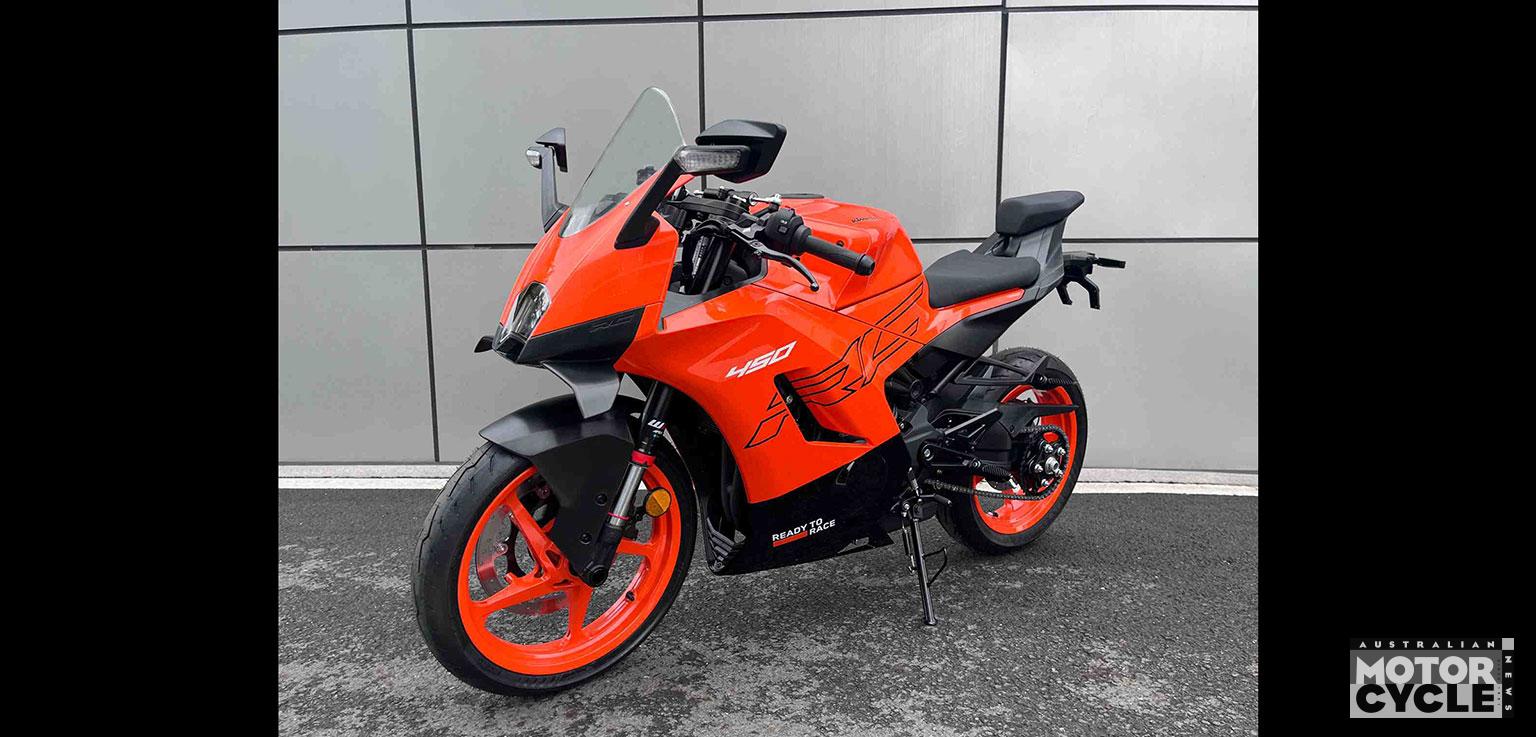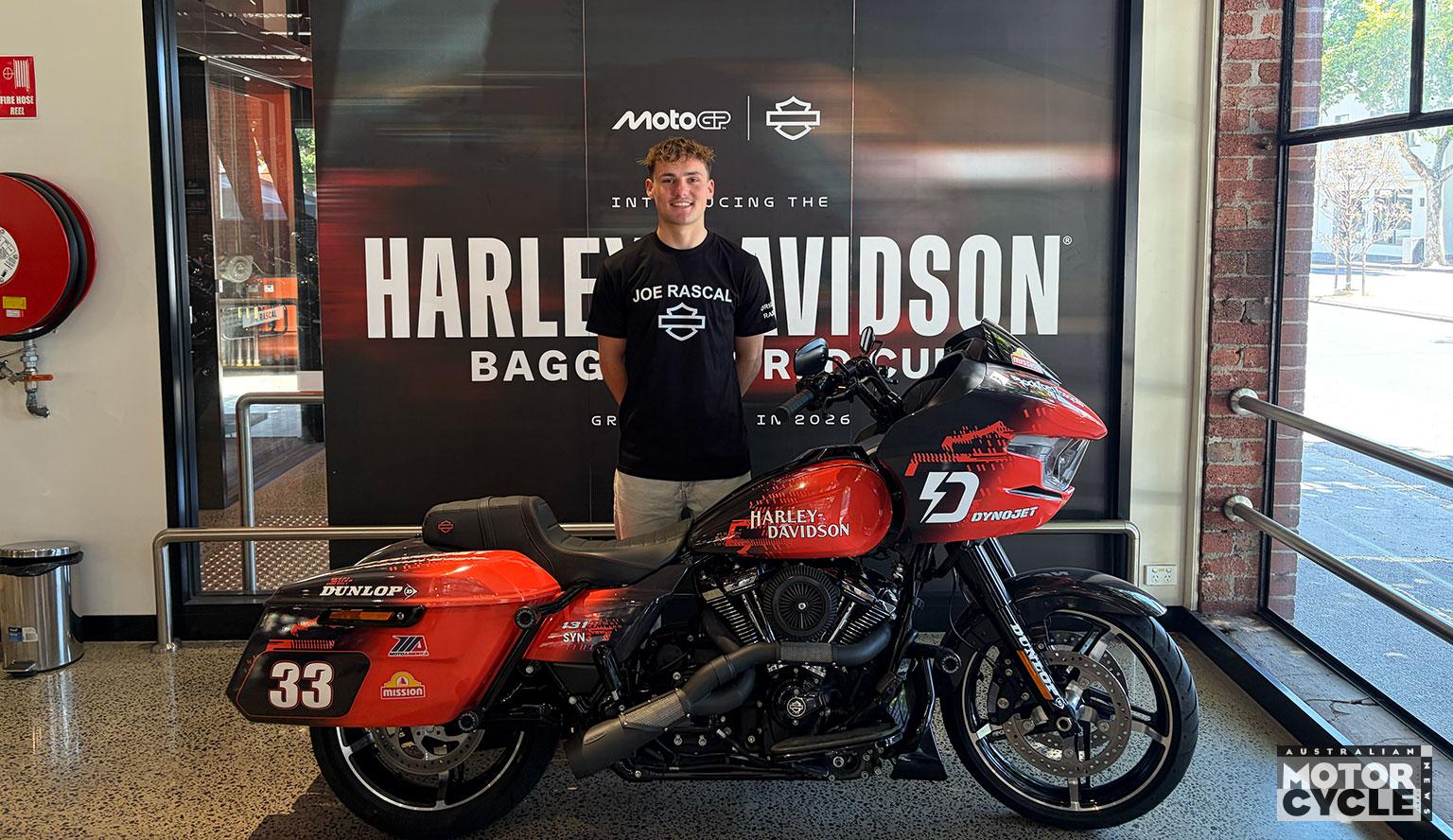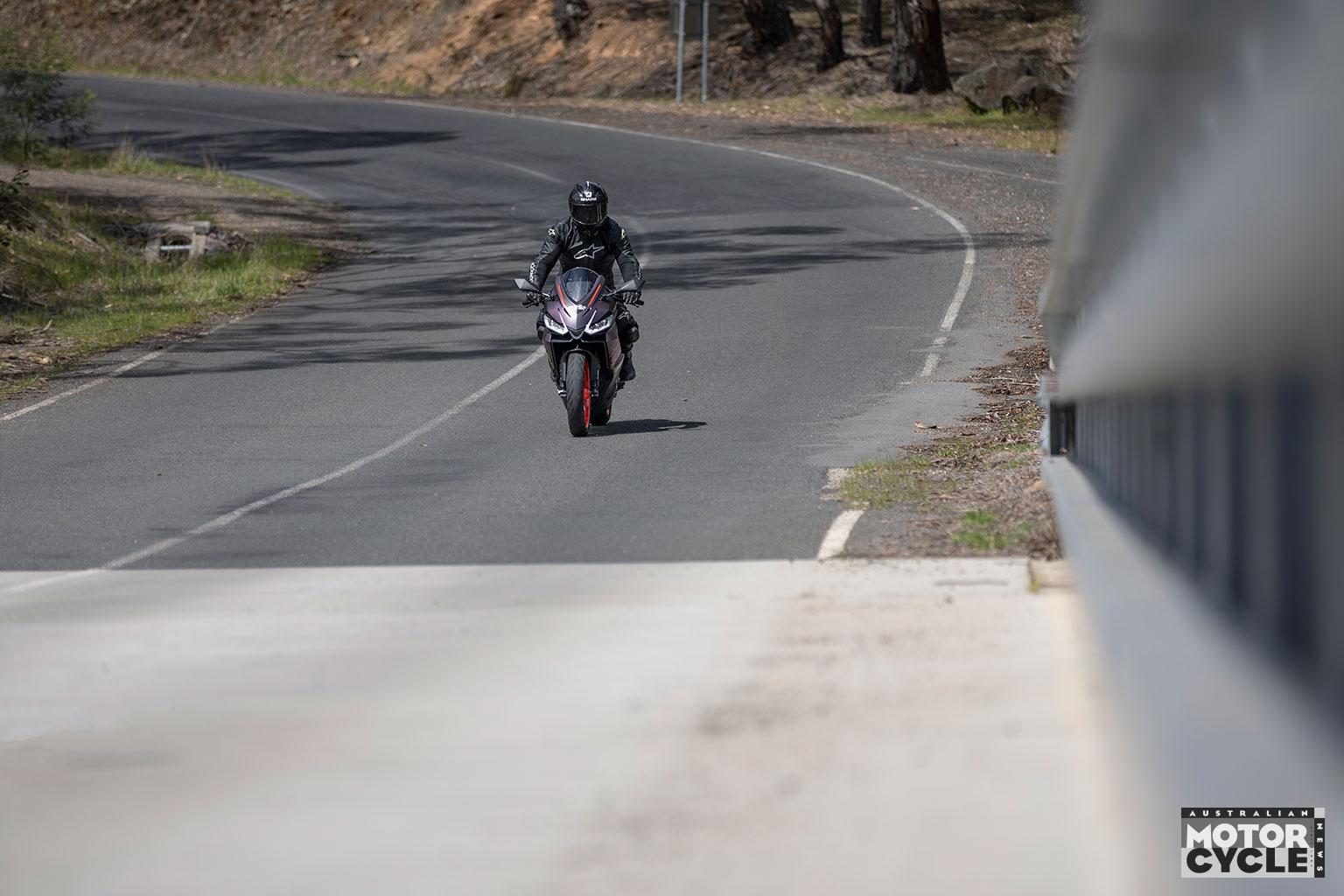MotoGP fans will see electric race bikes in action at grand prix events from early next year. The machines won’t actually be racing, but will be doing demonstration laps as a taster for MotoGP’s first electric racing support class starting in 2019.
The people at Dorna know they must move in this direction, even if they also know that most fans prefer racebikes to deafen people for miles around and torch gasoline at a crazy rate.
The British and French governments have already announced that they will ban sales of petrol and diesel vehicles from 2040, and other nations will follow suit. The two-stroke has already been mostly legislated out of existence; next it is the turn of the internal combustion engine itself.
“When the two-strokes went, I missed them in a way,” says former 250cc and MotoGP champion Jorge Lorenzo. “But the future was four-stroke, so this was the way we had to go. Now, in 10 or 15 years, racebikes will be electric, then all the people will say, ‘We miss real engines’. But this is the future.”
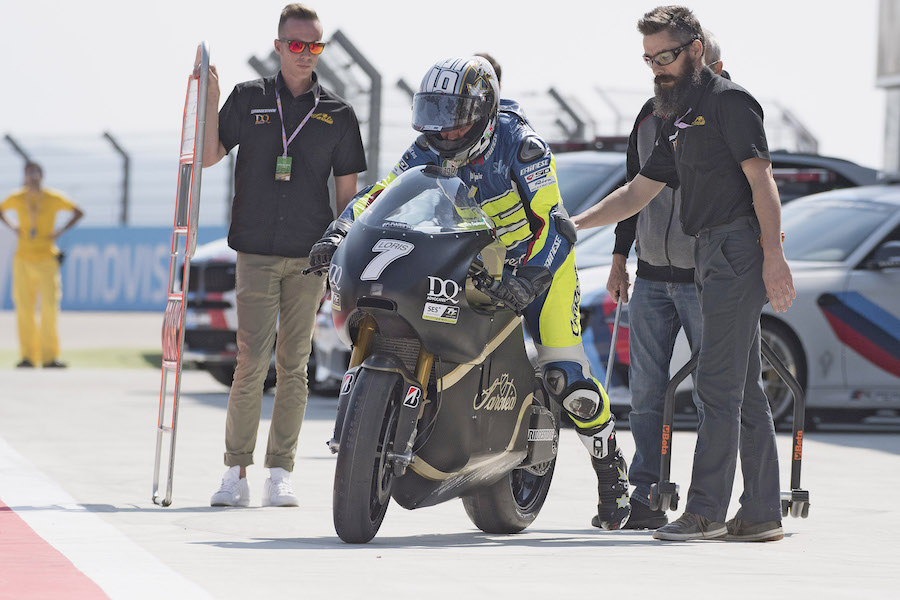
Throughout this season Dorna has been conducting tests of electric racebikes so they can choose the best manufacturer to supply machines for 2019. Initially, the championship will be a one-make series, because the difference in performance between electric bike manufacturers is way too big to ensure competitive racing.
The man who has been testing these electric bikes is three-time world champion Loris Capirossi, now MotoGP’s safety officer. The 44-year-old Italian has already tested several EV (electric vehicle) racers. Dorna is negotiating with at least five different manufacturers, but hasn’t revealed who they are.
What we do know is that Capirossi had his first electric bike test before April’s Americas GP, riding a Lightning at COTA. The media haven’t been present at these tests, except at Aragon in September, when Capirossi tested the Belgian-made Sarolea at MotorLand on the eve of the Aragon GP in September.
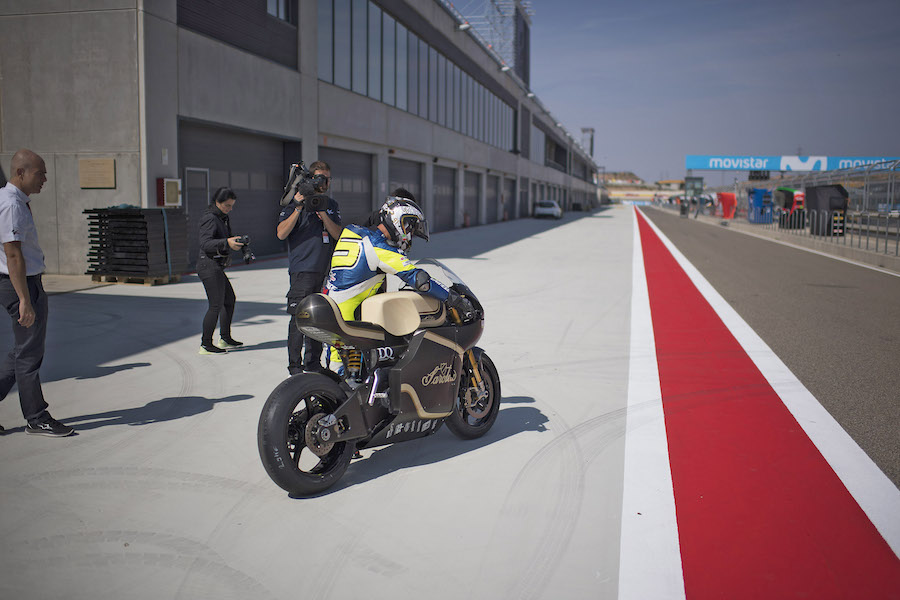
“When I’ve tested these bikes I’ve been impressed because, although the bikes are quite heavy, my feeling was quite good,” says Capirossi, who won GPs in the 125cc, 250cc, 500cc and MotoGP categories. “The torque is very nice, the speed is strong also. I think that this electric series will become a really interesting championship because all the companies are working to find better battery performance – the problem is always the heat from the battery, not lack of power.”
He’s not wrong there. In full-power mode, the Sarolea makes 179kW, but in race mode it makes around 119kW.
“Also, the handling isn’t too bad. The bikes are heavier than Moto2 bikes, more than 200kg because of the batteries, but when you are on track they don’t feel that heavy. I was impressed by the feeling with the throttle, but the engine-braking isn’t the best because when you brake very hard the rear tyre lifts off the track and stops turning immediately!
“We want to do some longer tests because so far we’ve only done half a day or so with each bike, so we’ve not been able to work on suspension or brake set-up.”
Capirossi has only one major criticism of the electric racebikes, and it’s not entirely unexpected. “I prefer to hear the noise of the engine!” he says. “It’s strange – all you hear is your knee on the ground, nothing else.”
Although Capirossi is the official tester, he isn’t in charge of this multi-million Euro project. Dorna CEO Carmelo Ezpeleta is the boss, while former Ducati MotoGP engineer turned MotoGP technology director Corrado Cecchinelli is the man who will decide the rules and regulations, even though he’s more of a petrol-head than an electro-head.
“I’m not sure I’ll be an electric bike pioneer myself,” say Cecchinelli, who likes noise (he’s a big fan of hard rock band Kiss). “But this is a generation-related thing – it all depends on your age and the technology you are familiar with. We are familiar with noise and petrol!
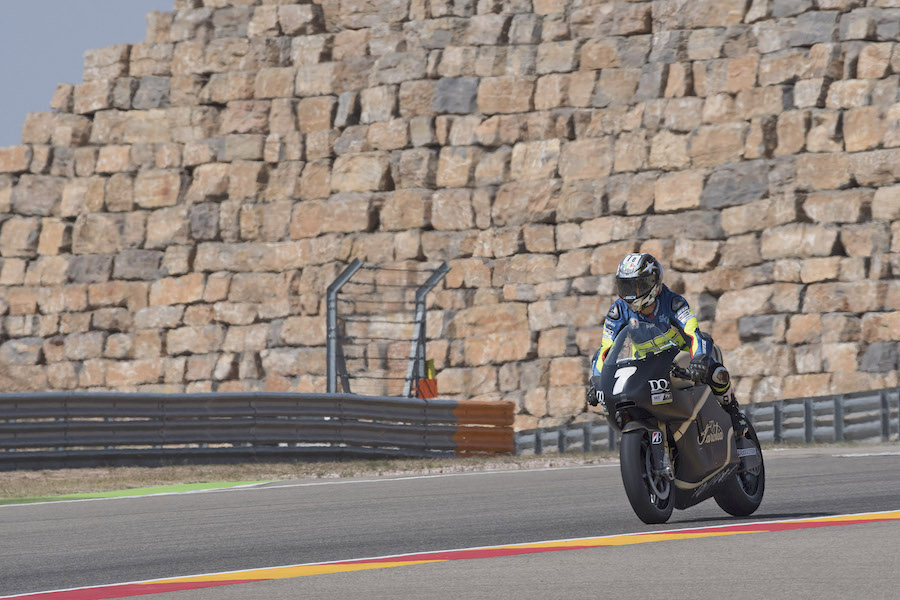
“I’m a big music fan. I grew up with vinyl. The CD was a big shock to me, but now that’s also stone-age. Now I have my music digitally downloaded and I wouldn’t go back to vinyl
for anything. I still have my vinyl records, but
I don’t use them.
“The technical challenge of an electric series is very interesting. Attending these tests with Loris and talking to the people in the industry, I already know that there’s no reason why electric bikes shouldn’t be very fast.
Read the full story in the current issue of AMCN (vol 67 No 11) on sale now
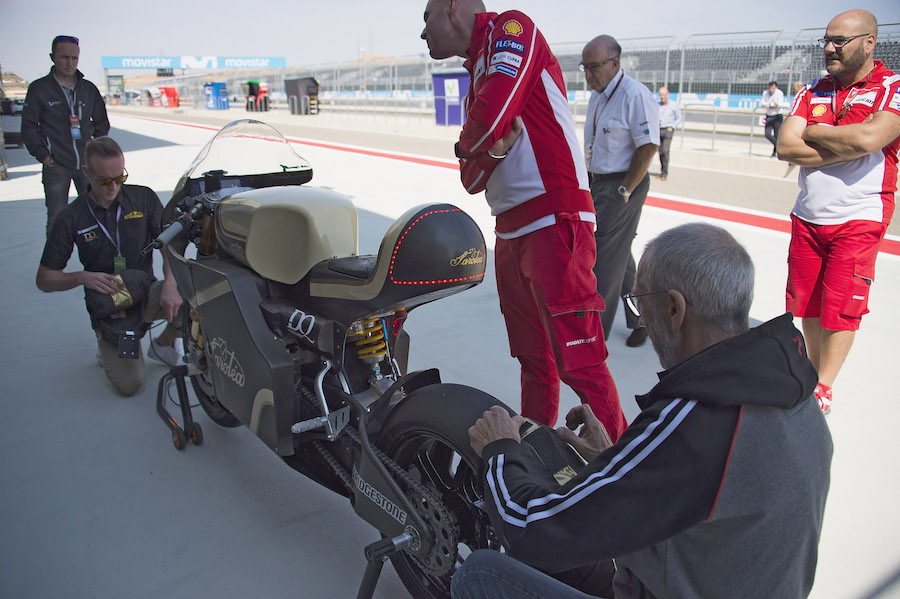
WORDS MAT OXLEY
PHOTOGRAPHY SAROLEA AND AMCN ARCHIVES

